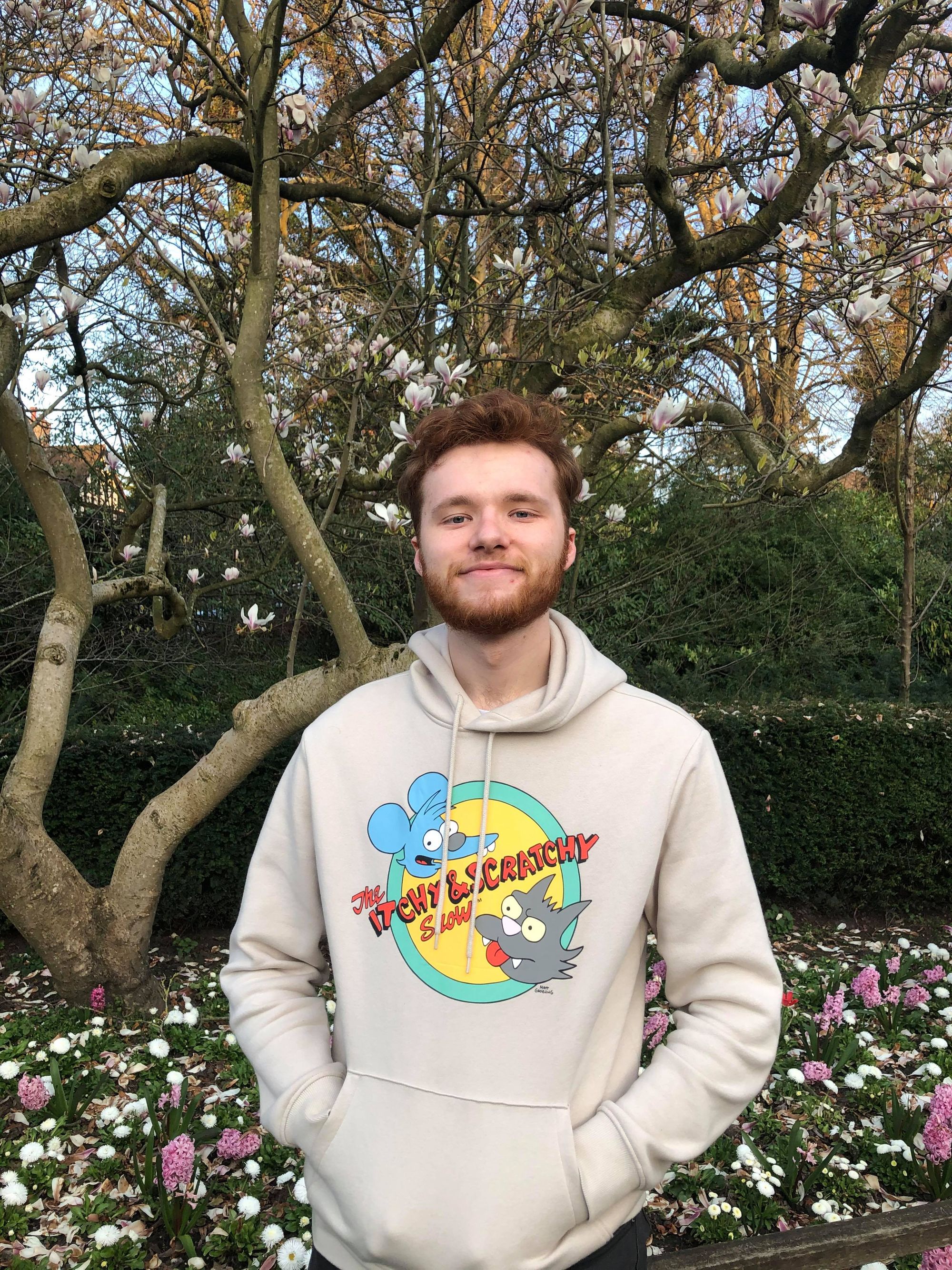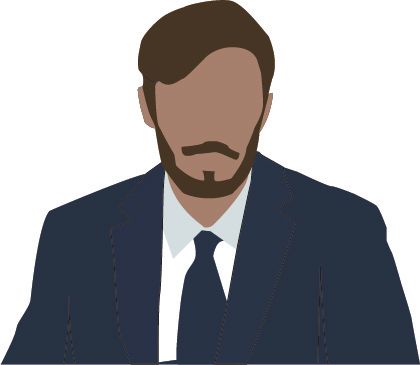'The people of England regards itself as free; but it is grossly mistaken; it is free only during the election of members of parliament. As soon as they are elected, slavery overtakes it, and it is nothing.' - Jean-Jacques Rousseau, The Social Contract
Those of us that have grown up in western democracies have been educated to believe that we live in a democratic society, one where the control of that society rests solely in our own hands. Unfortunately, this is true only to a very minor extent. Though we have come to believe in the values of freedom, either in the personal or political sphere, much of what has a long-standing impact on our lives is almost unavoidable, either because of the actions of our own representatives or of those across the globe.
Think about the situation we find ourselves in right now. We have been beset upon by a virus that is the result of another nation's destruction of wild habitats, have had to place our confidence in the actions of a government many of us have not voted for, and, for some us, have been forced to sit and hope for money to pay for food and shelter that, if no aid comes from that same government, will be denied to us.
It is important to distinguish between a real democracy, in which you would have control over your daily life, and our representative republics, where we delegate that control to other people. If we look back to the quote by Rousseau that introduces this article, it is clear that he agrees. The only time we are able to realistically exert our own freedom is when choose our next rulers, beyond that, it is up to our representatives to make decisions for us. If you wish to change something in society you have only three options:
- Appeal to the good nature of your superiors, via campaigning.
- Help convince the population to vote your government out of power, which is not guaranteed and can take years.
- Threaten the government with direct action, or in some cases, violence, which will be met with equal resistance by the government itself.
What is clear is that there are no legitimately recognised avenues to say, provide immediate shelter to those who are struggling to pay rent, have unessential businesses close, or make sure workers get full pay. In a crisis we are forced into either begging our government for help, or helping ourselves. Either way, the state is in full control. To paraphrase, and to slightly co-opt Job 1:21:
The State may give, and the State may take away.
Or, as put gracefully by CrimethInc:
'The lack of choice is self evident, the state, and capitalism, is what made this crisis, and the state, and capitalism, are all we have to rely on to help us.'
There are some out there that have praised countries like Cuba, China, or Vietnam, for their ability to mobilise people and resources on a national level to deal with the crisis. This praise has also been used to criticise the anarchist view of things, and to highlight the need for state centralisation and planning.
However, what this ignores is that Cuba, China and Vietnam are not all that different to western nations. We are all states, and we all have centralised forms of political control. The only difference here is that these select countries have, on this particular occasion, made better decisions. What is important is that, in both situations, the people had little to no control over the outcome. China, for example, may have dealt with the virus effectively now, but there is no reason why they will not continue to mobilise their state apparatus towards the further destruction of local environments - possibly creating more pandemics.
The state, depending on the nature of its leaders, may kindly give or heartlessly take away. Why should we take that gamble? Why should we consign ourselves to holding out our hands, in the hope that the government will spare us the resources we labour to create? Why, when we sacrifice so much of our earnings to rent or mortgages, should we fear eviction during a crisis?
We should not, that is the answer. We should not hand the keys to our livelihood over to the distant, faceless prison warden that is the state.
Only by instituting more direct forms of democracy, and by devolving society to local forms of organisation, can people have true power over their communities, precisely because it is in such local, face-to-face groups that 'the bureaucratising and hierarchical tendencies inherent in organisations have least opportunity to develop' (Ward, 'Anarchism as a Theory of Organisation').
In your everyday life this would mean having the power to provide yourself and your community with food, shelter, and adequate healthcare, without waiting for your superiors to deem you worthy. In a pandemic, if your community decides it must take action, it can do so without having to ask permission from its rulers first.
The criticism we level here is not against measures like social distancing, closing businesses or quarantining those affected, as those are necessary actions. What is being criticised is that the people have very little say in what methods will be used, and whether or not those methods will care for the welfare of the people.
If you were feeling frustrated with government and politicians, then now you should feel even more frustrated, because Covid-19 has made clearer the terrifying reality at the heart of your democracy:
There was no real democracy after all.
Photo by Mx. Granger on the Wikimedia Commons
Special thanks to two of our new patrons, Dominic Condello and John Walker.
The Commoner could not survive with out wonderful patrons like those guys. If you wish to join them, and therefore support quality anarchist writing, follow the link below:





